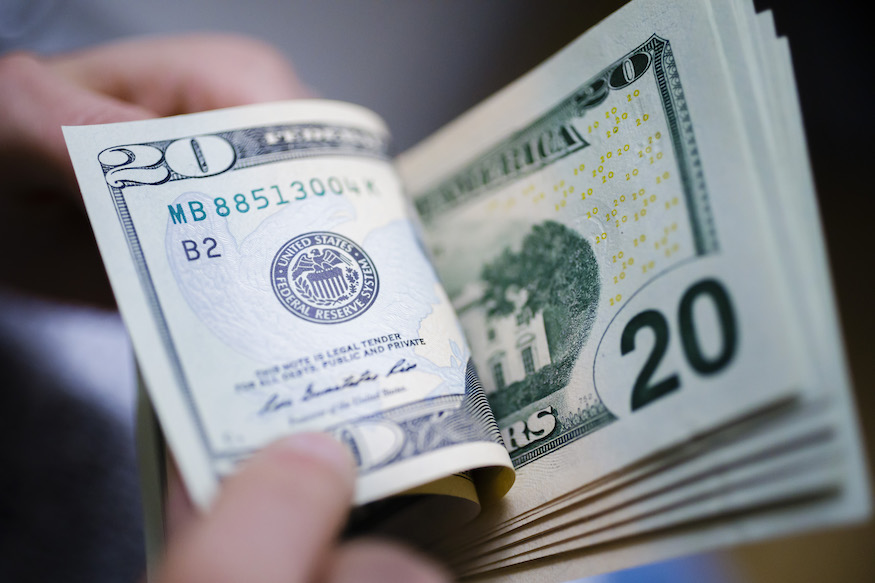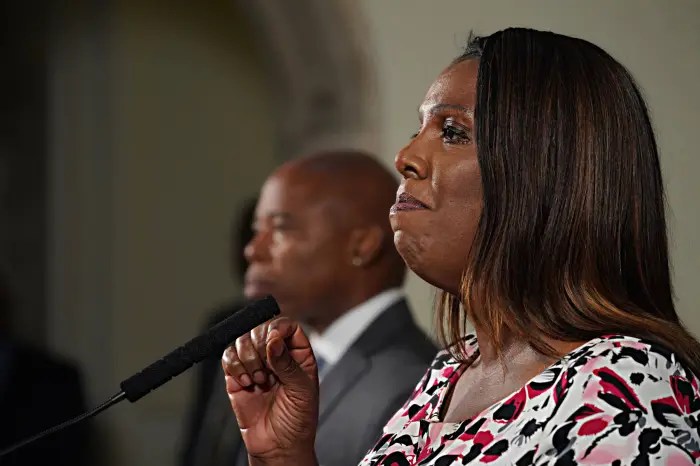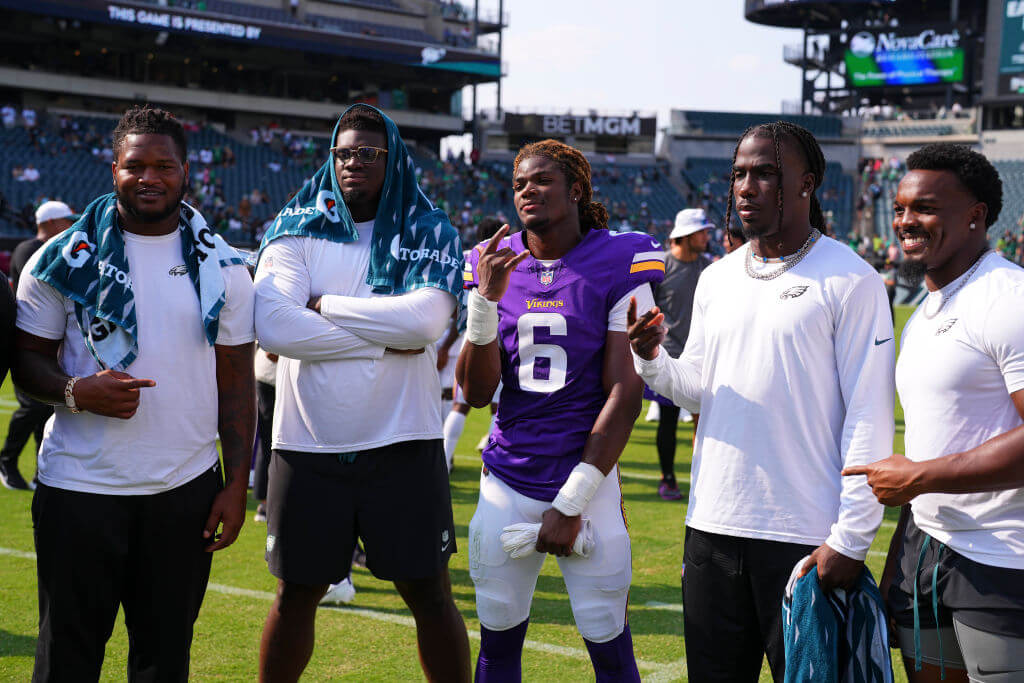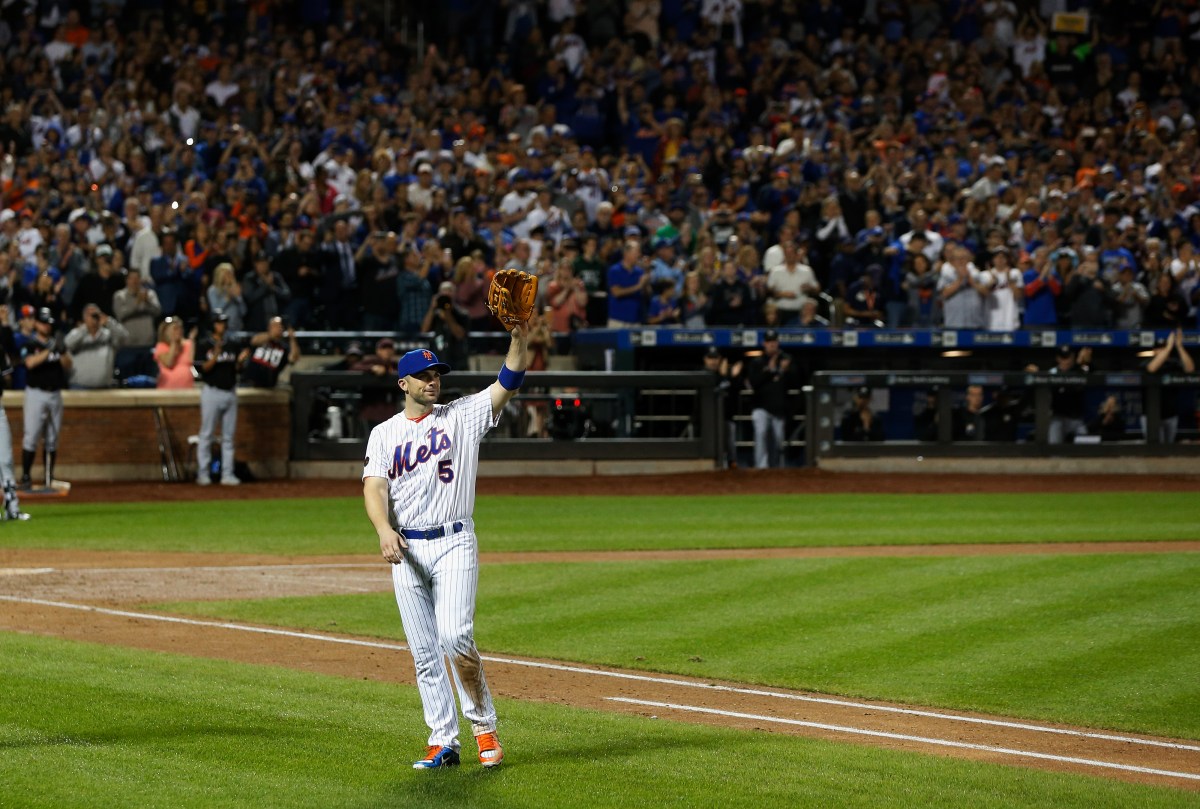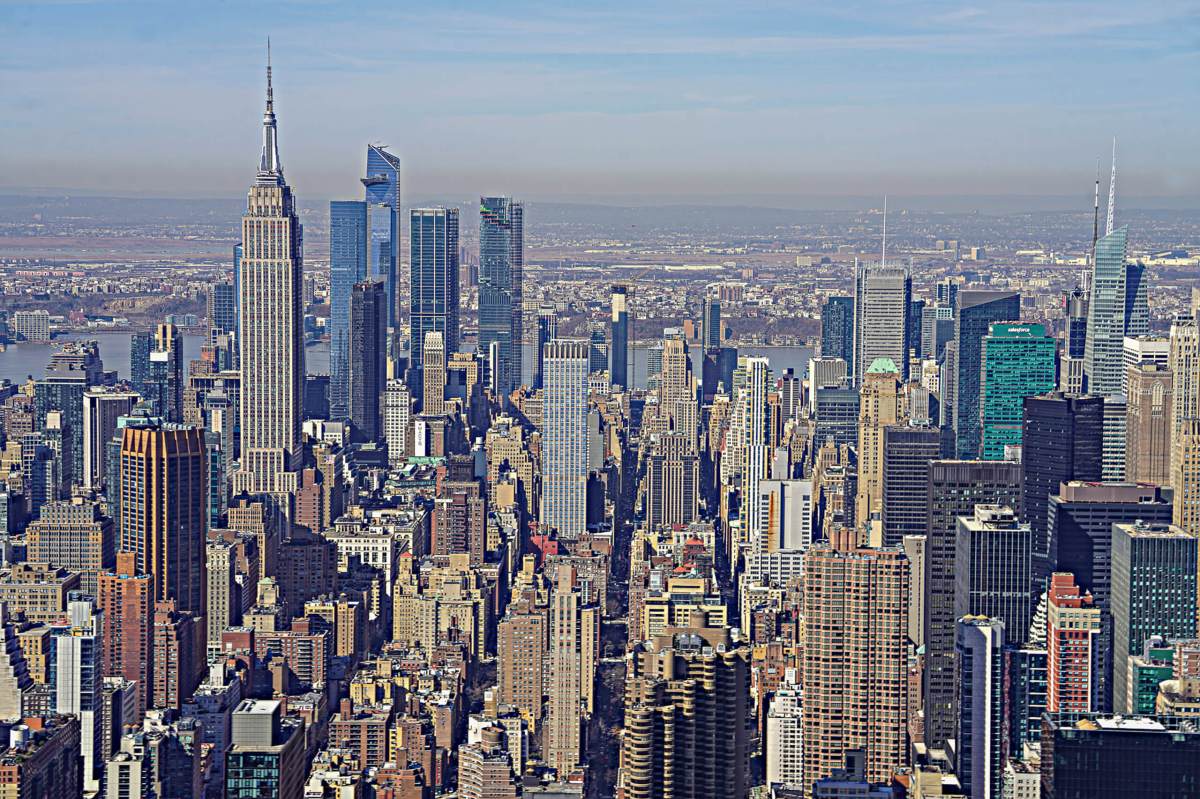Last week, Philadelphia’s mayor signed a bill requiring stores to accept cash, banning so-called cashless stores that only accept cards or apps. But the well-intentioned move — the first in the nation — is short-sighted, experts warn.
The argument against cashless stores seemed pretty clear-cut: Requiring customers to use apps or payment cards instead of cash disadvantages the poor, the elderly and minorities, who disproportionately lack access to banks or credit.
But a ban on cashless stores comes with costs of its own — and it doesn’t solve the structural changes that are making merchants want to skip cash, or the issues that prevent some groups from joining the cashless economy, Quartz reported on Saturday.
Cash is still popular in the U.S.: 36 percent of payments are made with bills and coins. But in countries like Sweden and China, its use is spiraling, replaced by cards and smartphone-based gizmos. A U.K. study called the Access to Cash Review looked at why. It found that the No. 1 reason merchants went cashless was the rising costs of accepting and banking cash, like bank fees, ATMs and security. “A law requiring stores to continue using cash won’t alleviate those problems,” wrote Quartz’s John Detrixhe.
Cash also causes businesses to lose money via mistakes and misbehavior: “Cash transactions are a big source of loss when not monitored regularly against petty cash reconciliations,” said accounting firm Cornwell Jackson. “Cash is the most coveted form of theft.” Some argue that carrying cash is a threat to worker safety. In June 2018, Danny Meyer, chairman of the NYC-based Union Square Hospitality Group, said he would be opening more cashless restaurants for that reason.
The National Retail Federation opposes Philly’s ban on cashless stores; they say merchants should decide which payment methods to accept. Before the law’s passage, Amazon expressed concern that the law would impede the expansion of its cashless, checkout-free Amazon Go stores in the city. (The bill ultimately exempted businesses that operate on a membership model, like Amazon’s Prime.)
At the same time, about eight million Americans don’t have bank accounts. “On its own, just protecting cash won’t solve that problem,” noted Detrixhe, suggesting that only a multi-pronged approach is progress: Help people who are underserved by banks to gain access to cards, and make the cash-banking system less expensive for merchants. “It’s far easier to protect cash infrastructure — from ATMs to cash sorting and armored car services — than it is to revive it once it’s gone,” he wrote. “It makes sense for cities like Philadelphia to plan ahead, even though cash is far from threatened in the U.S.”
Last month, Sylvie Gallier Howard, an official in the Philadelphia Commerce Department, suggested that more needed to be done. She told City Council members she hoped the ban on cashless stores will be temporary. “Modernization is going to happen with or without Philadelphia, and we want to be part of it,” she said.

